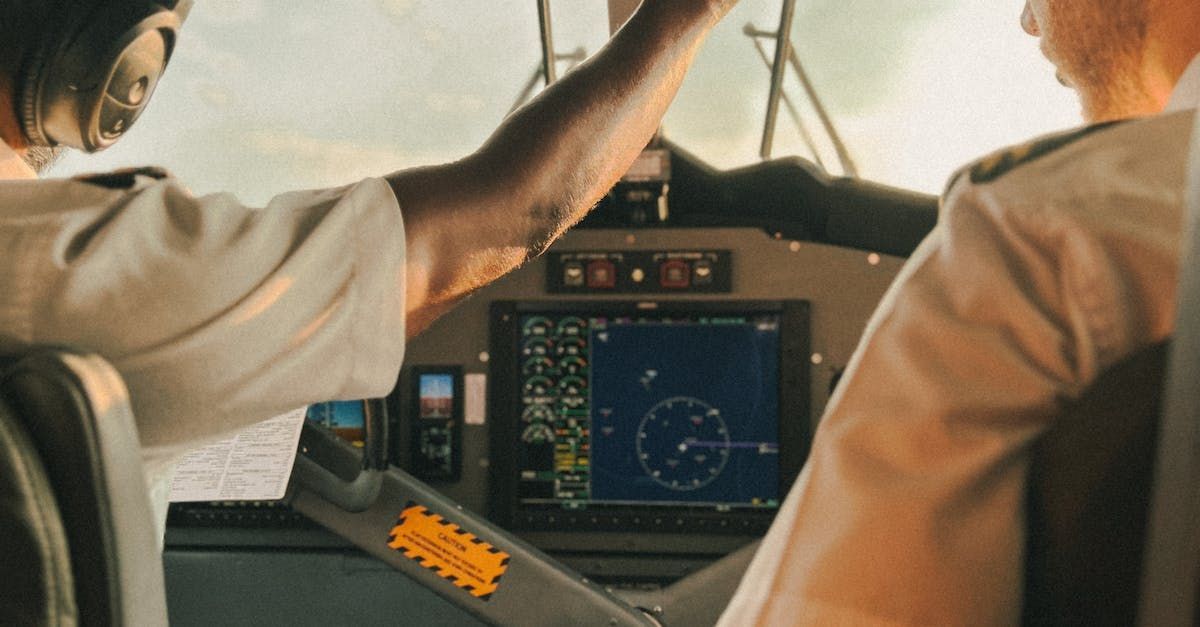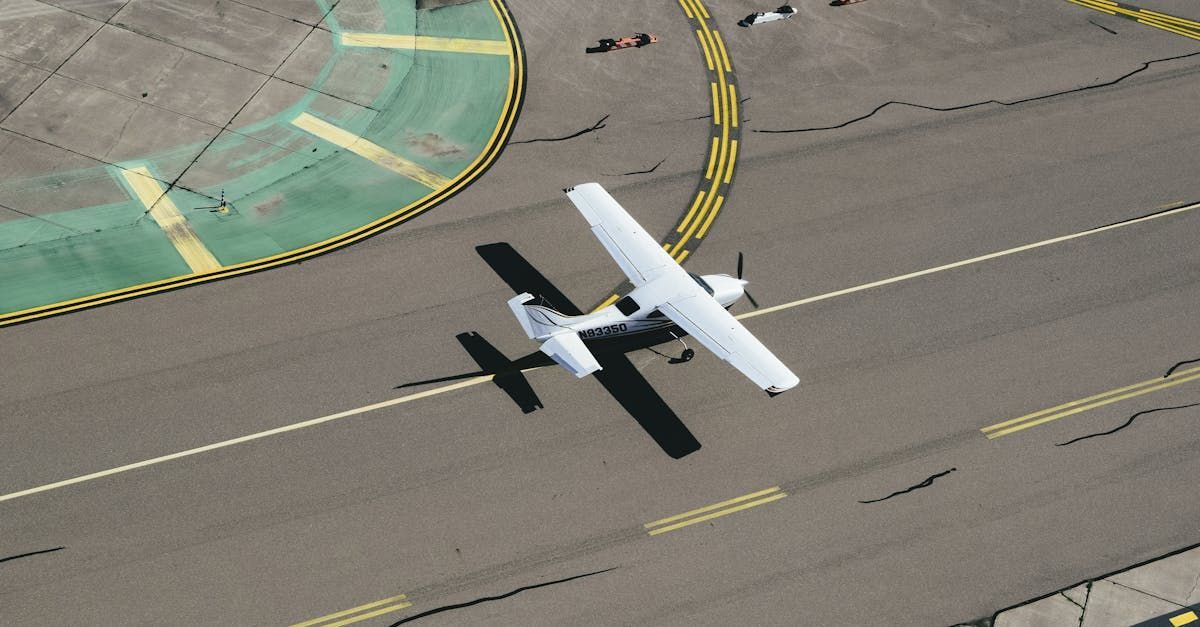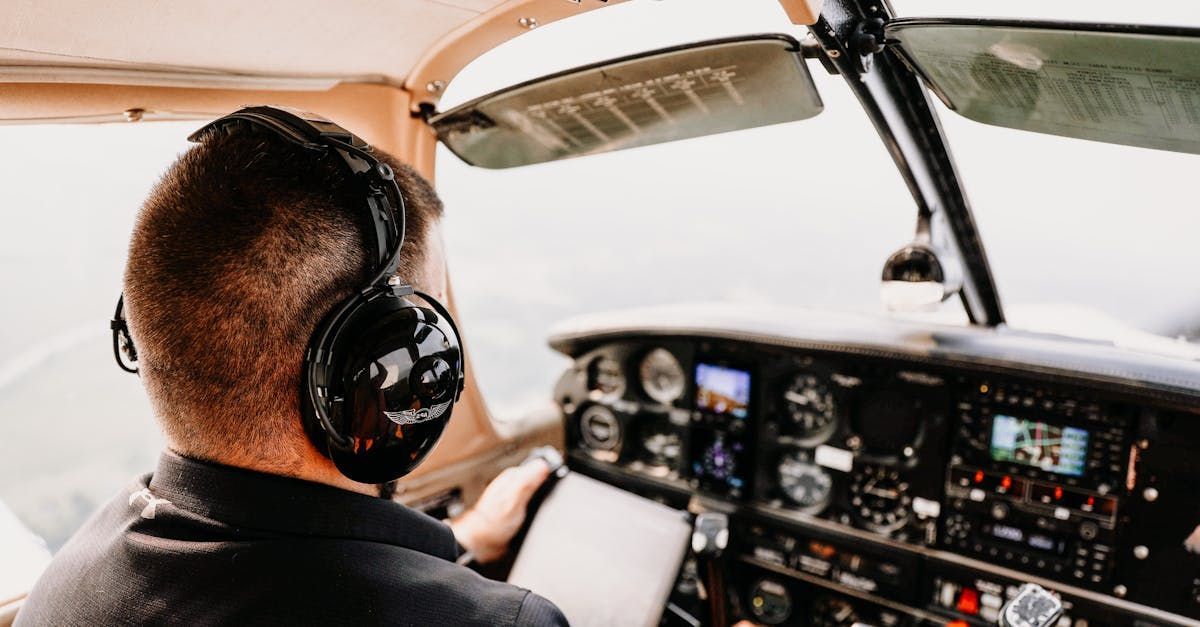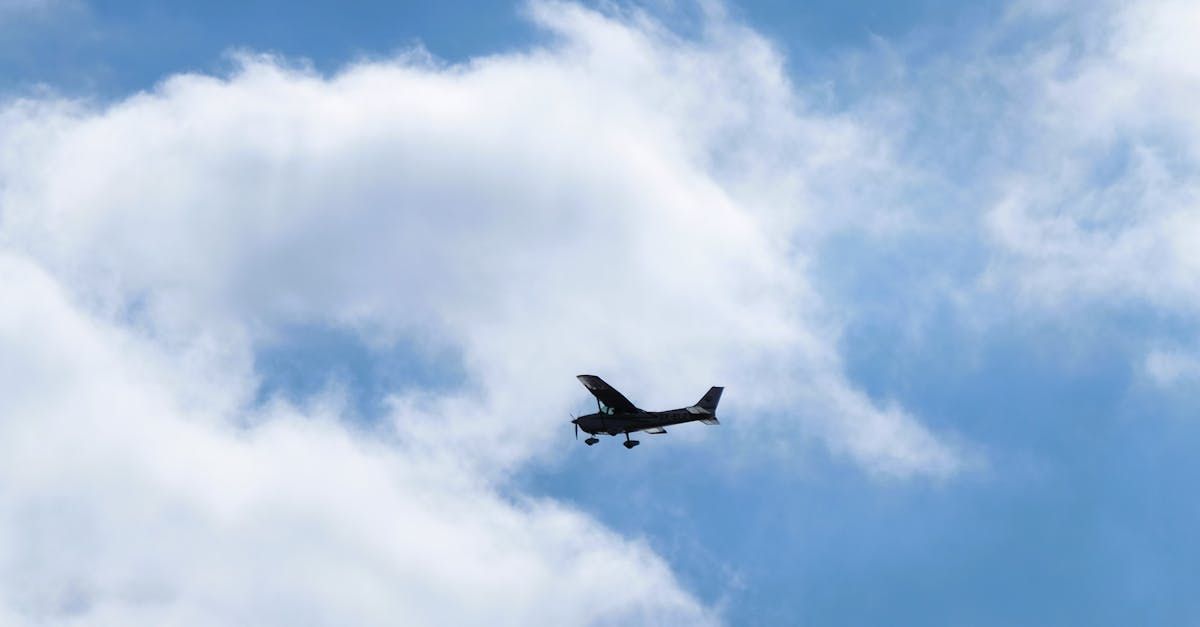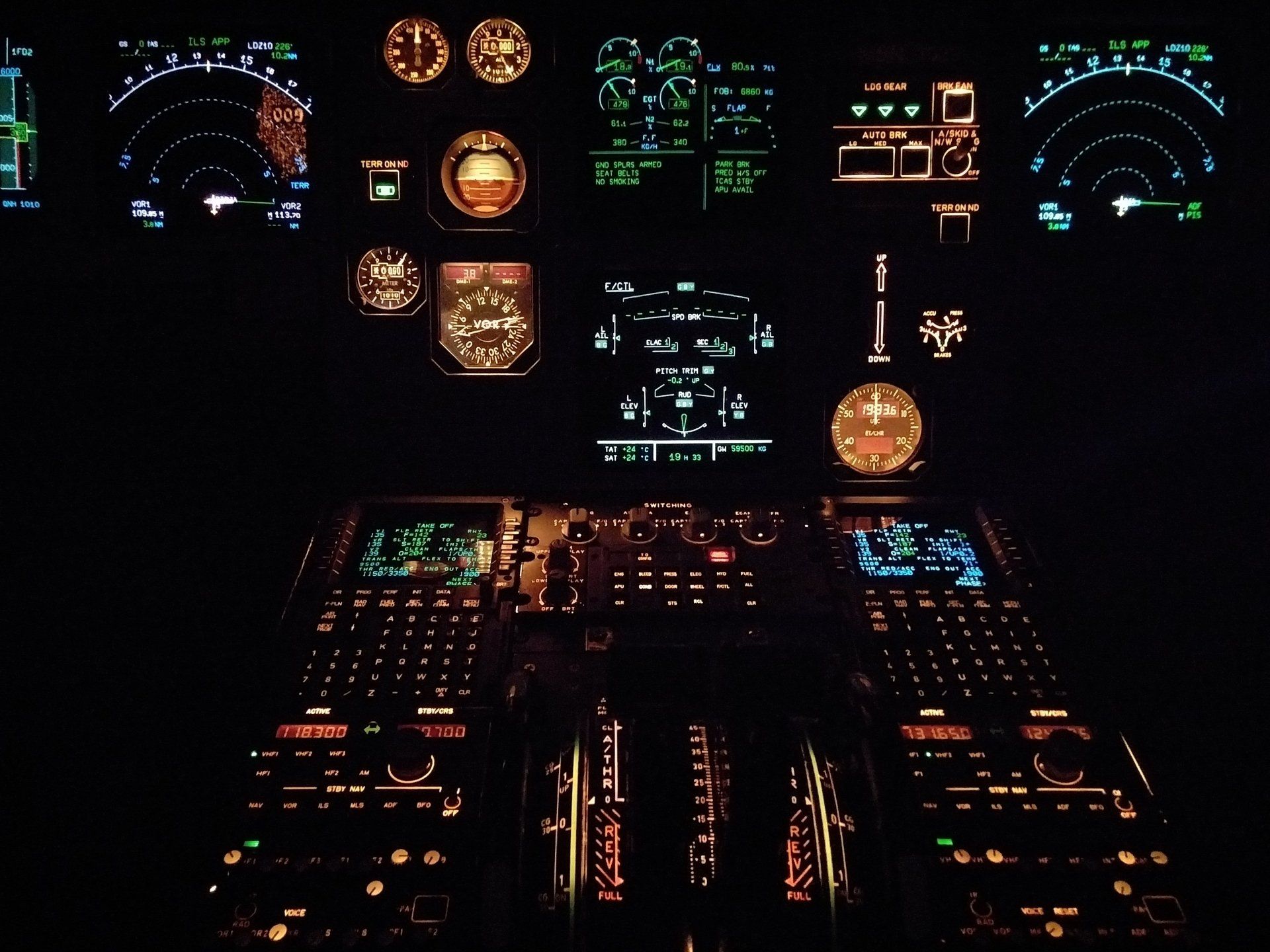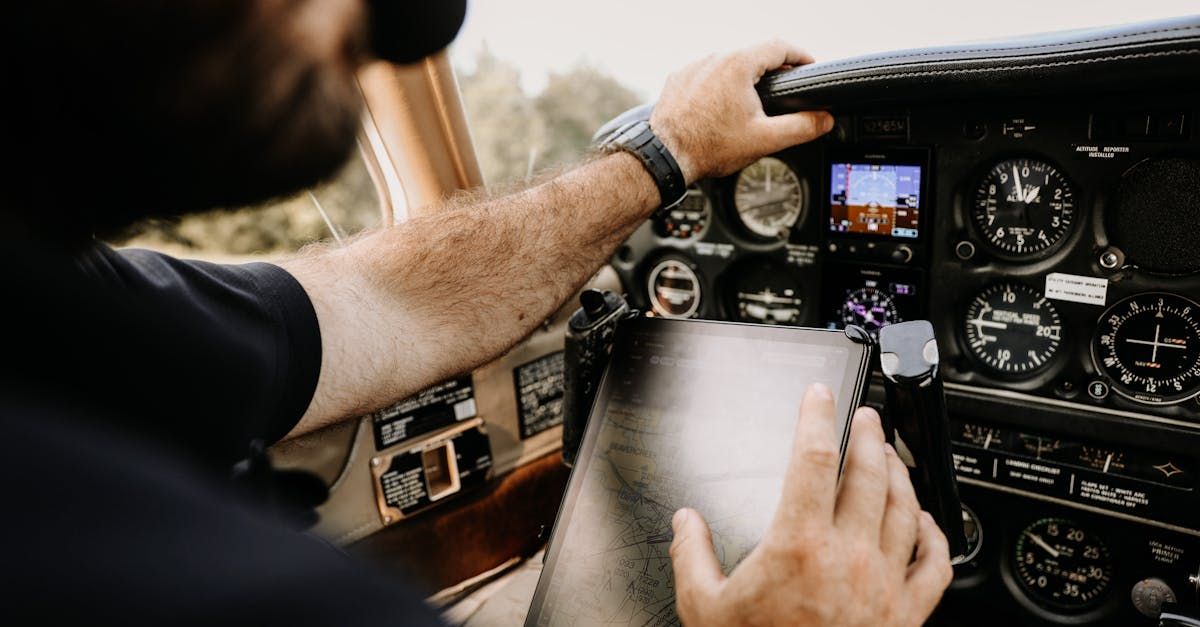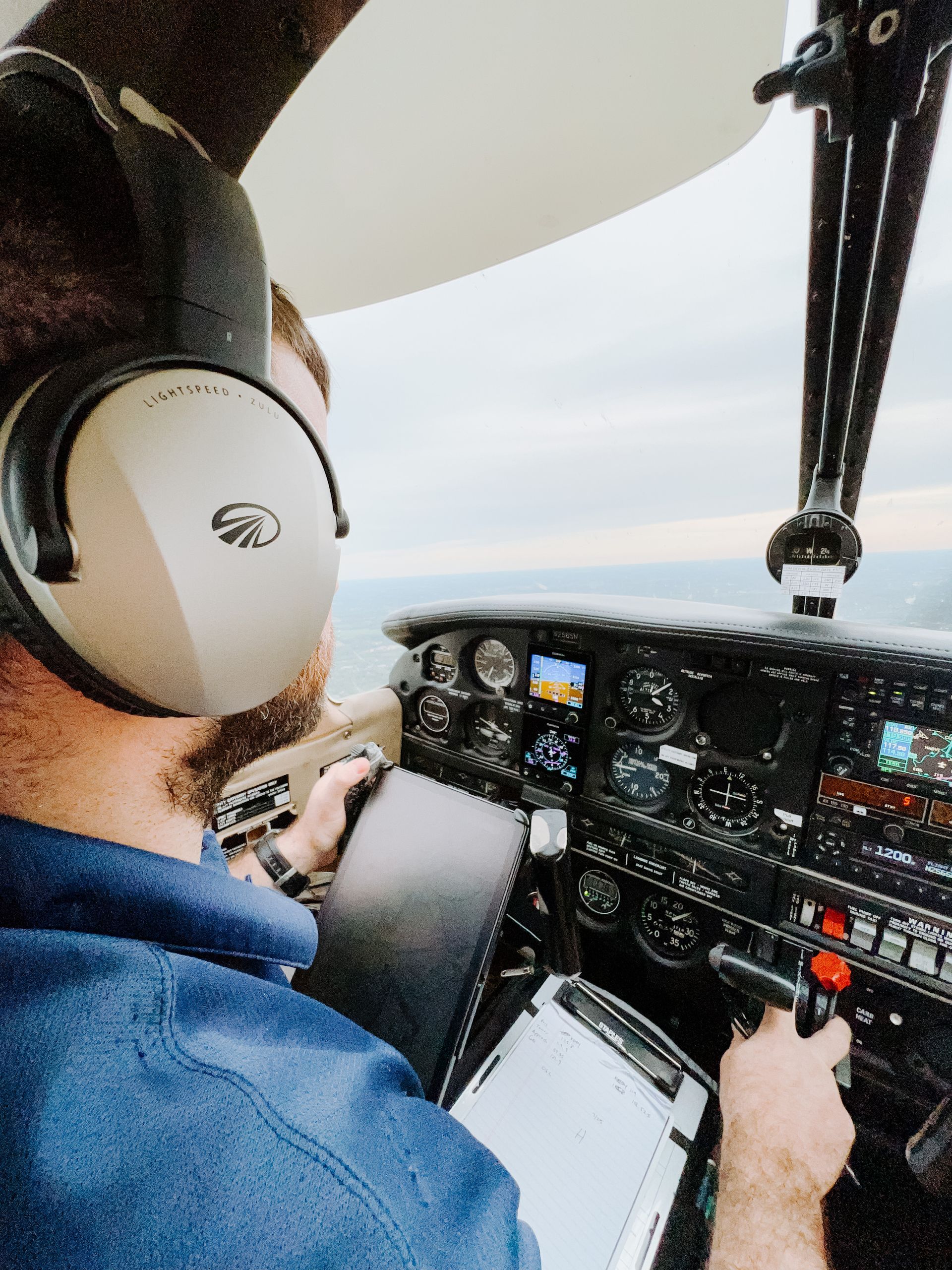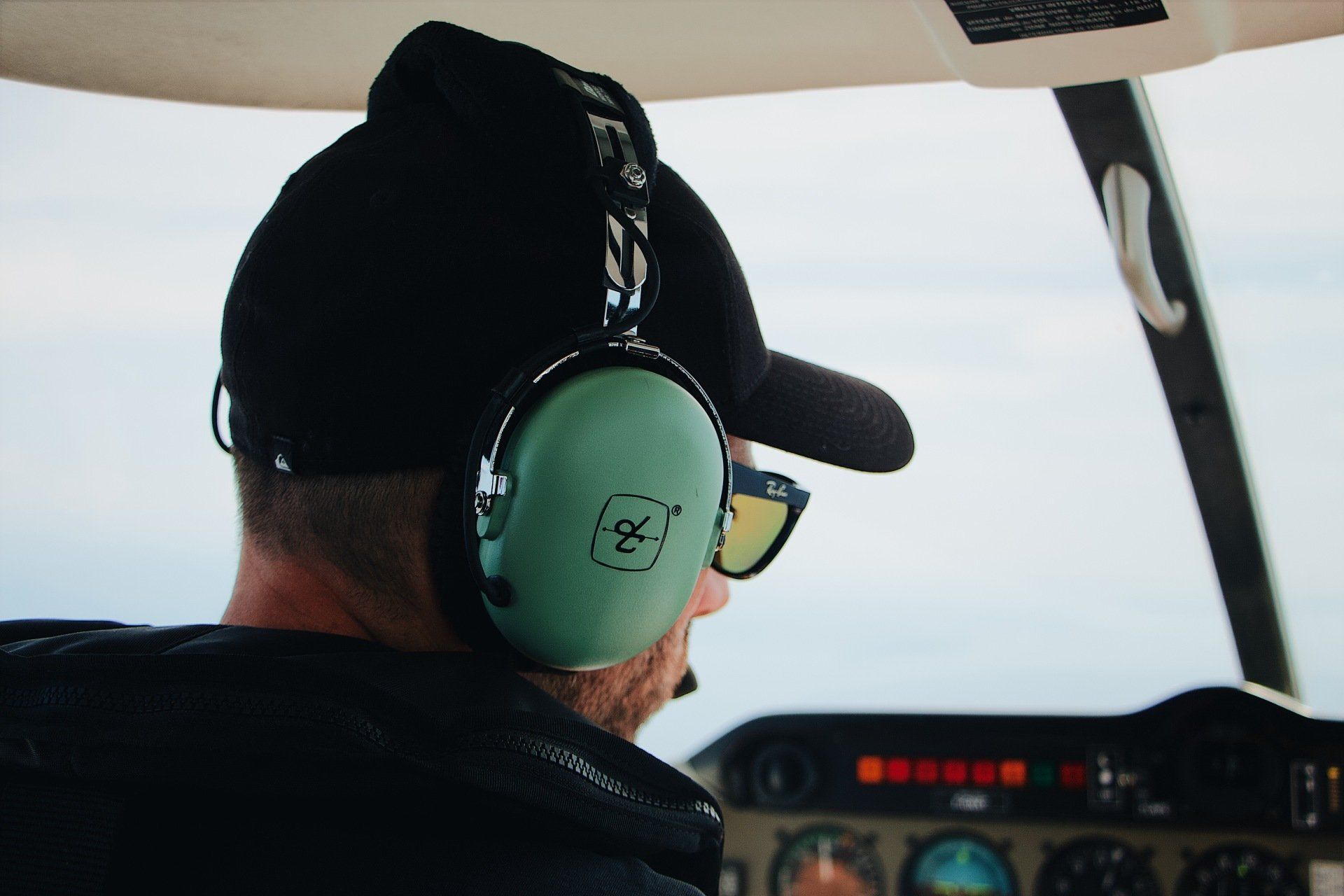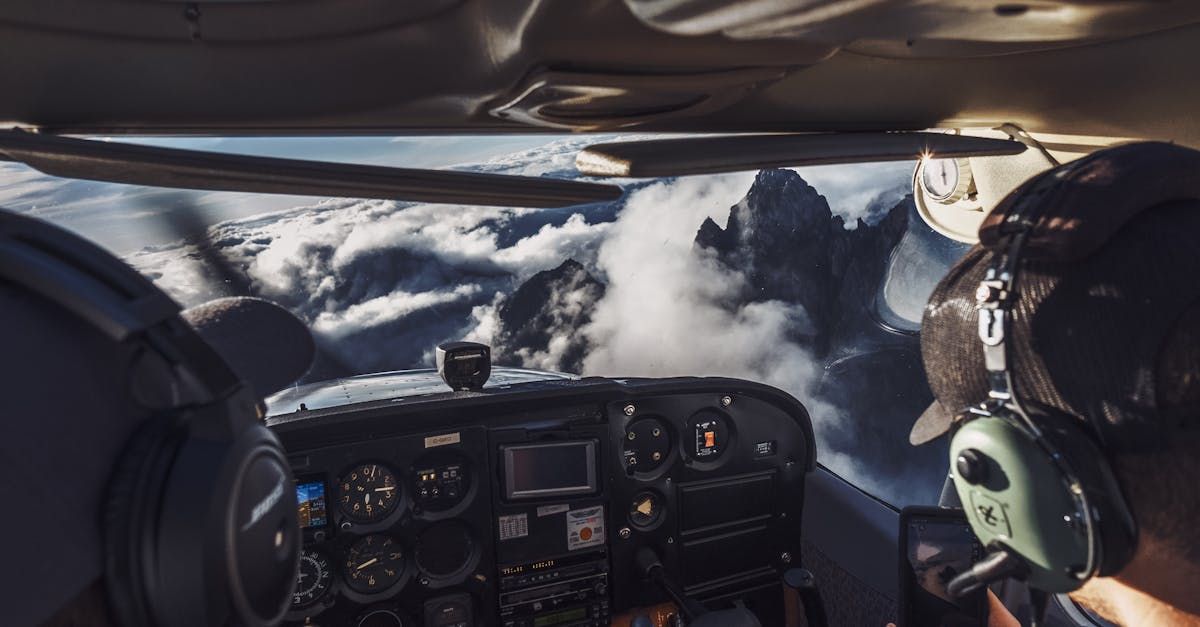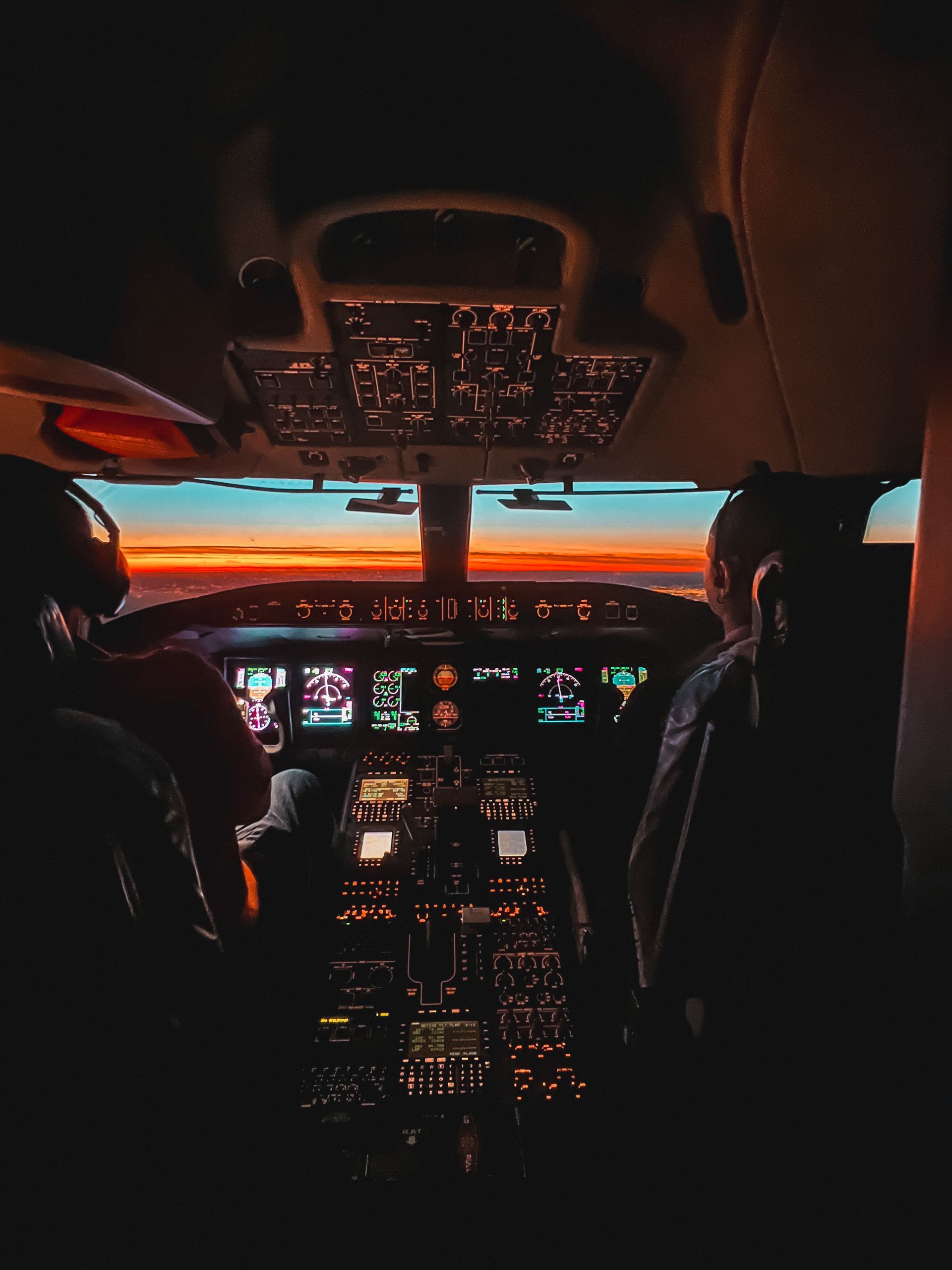Could this be the new normal of travel?
What's next? Who really knows!
The global pandemic has affected everyone’s life in many aspects ranging from business to vacation and everything in between. When entering into 2020, no one ever imagined a virus would stop them from visiting their favourite country or city. However, the second half of 2020 turned out to be a ray of sunshine for all global travellers, but now, things seem to have the potential to become messier than ever before.
Travel is never going to be the same
Unarguably, you won’t be able to travel as freely as you did before. Most countries are expected to start issuing a travel pass encompassing the health passport narrating the traveller’s health history and complete vaccination status. Which countries and how? In the USA, domestic travel is fast making a come-back in many forms. The UK is considering opening up travel options to certain countries in Europe, and in Australia, we can travel to and from New Zealand without the need to quarantine. Beyond this, no one really knows yet!
Testing is the new mandatory factor
Besides checking luggage, airport security and government authorities will be concerned about COVID tests at the airport. It will be mandatory for travellers to undergo a thorough hygiene check, including sanitizing hands and wearing a three-layered face mask. Such norms will be expected to be followed at all public places like – buses, airliners, and trains.
The hype of luxury travel
The post-pandemic travel world will be completely new with new travelling rules and policies. It is expected that global travellers would love to go for luxury travel trips rather than regular basic trips. With the increasing amount of hygiene and testing measures, travellers are expected to look forward to a travel destination with fewer accommodation and formality hassles. This will make travellers choose non-popular and less populous places the most.
Business trips are not getting back soon
It was common for professionals from the corporate world to roam all around the globe frequently. But now, things seem to have changed aggressively. Professionals may not travel as frequently for business purposes as they did pre-COVID as online meetings have become so many business’s first point of call for collaboration in the Work From Home environment that was critical for their survival during the pandemic.
About those travel bubbles
The current status of the travel world is probably going to differ based on geographical areas and it’s likely that the Australian government will continue to maintain a conservative approach to opening its borders. We’ve all become accustomed to very low numbers of cases in our country, and for the most part, life has returned to as ‘normal’ as it may get for now. At the time of writing, 9.5% of the world’s population has received at least one dose of some kind of vaccination against COVID-19, with approximately 3.3 million of these being Australians.
There still remains many unknowns for world leaders about how to navigate life moving forward, and it looks like it’s going to take some time for life to be anything like it was prior to 2020. Whatever the ‘new normal’ may be, we’re fortunate to have a safe and beautiful country to explore.
DDAC Member
